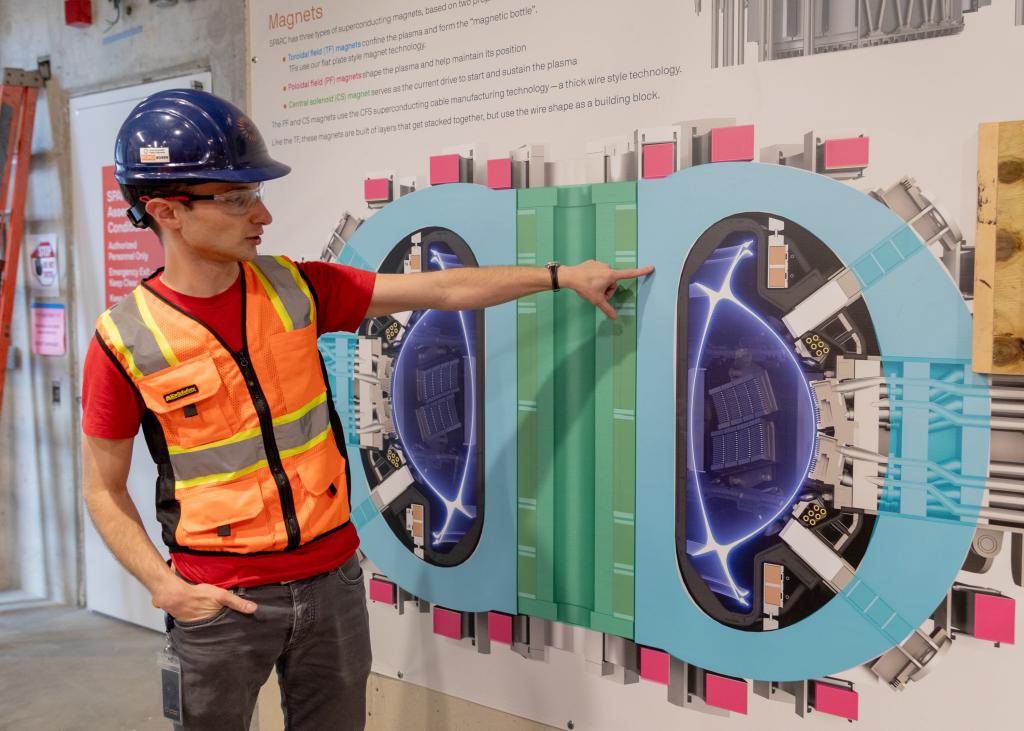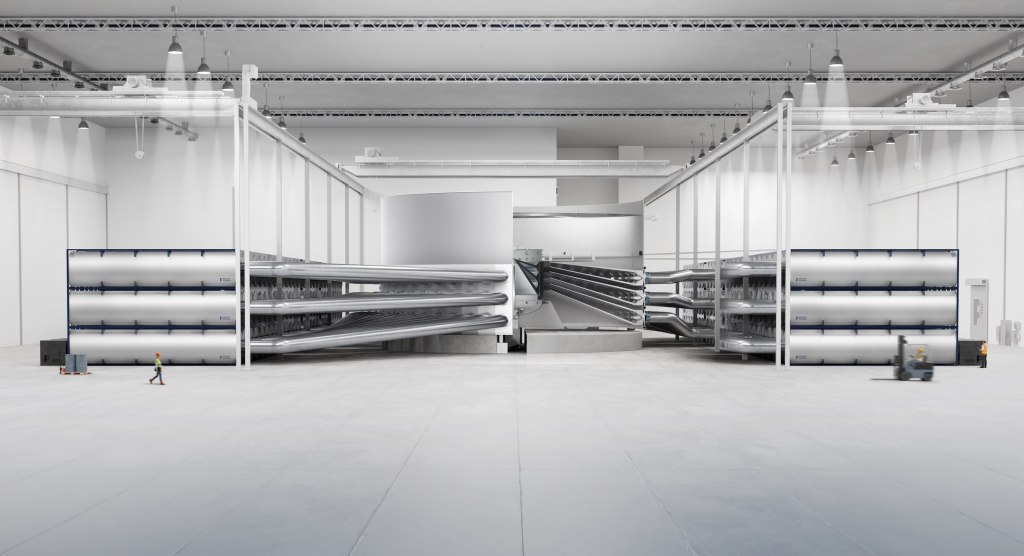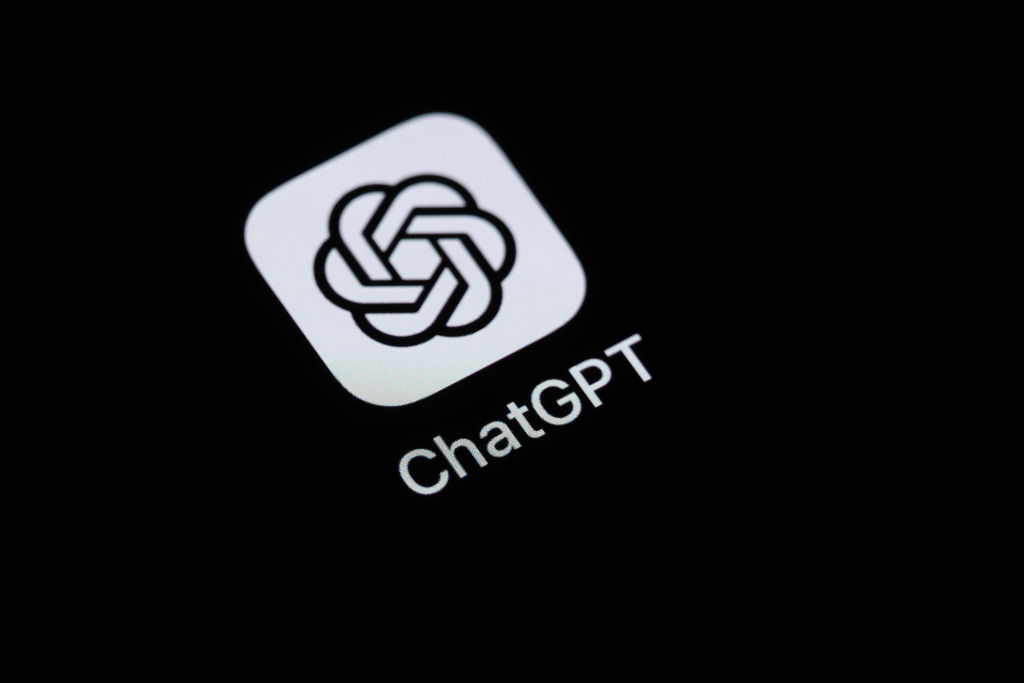In a groundbreaking partnership, Google DeepMind has joined forces with Commonwealth Fusion Systems (CFS) to harness artificial intelligence (AI) in the pursuit of sustainable fusion energy. This collaboration aims to refine and enhance the operations of CFS’s upcoming SPARC reactor, a pivotal step toward achieving net-positive energy from fusion.
Harnessing AI for Fusion Energy
Fusion energy, the process that powers the sun, offers the promise of abundant, clean energy without the long-lived radioactive waste associated with traditional nuclear fission. However, replicating this process on Earth presents significant challenges, particularly in maintaining the stability of plasma—a superheated state of matter essential for fusion reactions.
To address these challenges, CFS will utilize DeepMind’s specialized AI software, known as TORAX, to simulate and analyze plasma behavior within the SPARC reactor. By integrating TORAX with advanced AI models, the partnership seeks to identify optimal pathways for sustaining fusion reactions, thereby accelerating the development of practical fusion energy solutions.
The Role of AI in Fusion Research
One of the primary obstacles in fusion research is maintaining plasma at extremely high temperatures for extended periods. Unlike nuclear fission, which is self-sustaining, fusion reactions require precise conditions to prevent the plasma from cooling and dissipating. In CFS’s reactors, powerful magnets are employed to contain the plasma, but achieving the necessary stability remains a complex task.
AI offers a promising solution to this problem. By processing vast amounts of data and identifying patterns, AI can assist in developing control systems capable of dynamically adjusting to the ever-changing conditions within a fusion reactor. This capability is crucial for maintaining the delicate balance required for sustained fusion reactions.
Google’s Ongoing Commitment to Fusion Energy
This partnership is not Google’s first venture into fusion energy. The tech giant has previously collaborated with TAE Technologies, another fusion startup, to apply AI in studying plasma behavior. Additionally, in June 2025, Google announced a strategic partnership with CFS, including a power purchase agreement for 200 megawatts of electricity from CFS’s first commercial fusion power plant, ARC, slated to be operational in the early 2030s.
These initiatives underscore Google’s commitment to supporting innovative energy solutions that align with its sustainability goals. By investing in fusion energy, Google aims to secure a future source of clean, abundant power to meet the growing energy demands of its data centers and global operations.
The Path Forward
CFS is currently constructing the SPARC reactor near Boston, with completion expected in late 2026. The company anticipates that SPARC will be the first fusion device capable of producing more energy than it consumes, marking a significant milestone in fusion research.
The collaboration between Google DeepMind and CFS represents a convergence of cutting-edge AI technology and advanced fusion research. By leveraging AI to tackle the complexities of plasma behavior and reactor control, this partnership holds the potential to accelerate the timeline for achieving practical fusion energy, bringing humanity closer to a sustainable and virtually limitless energy source.



